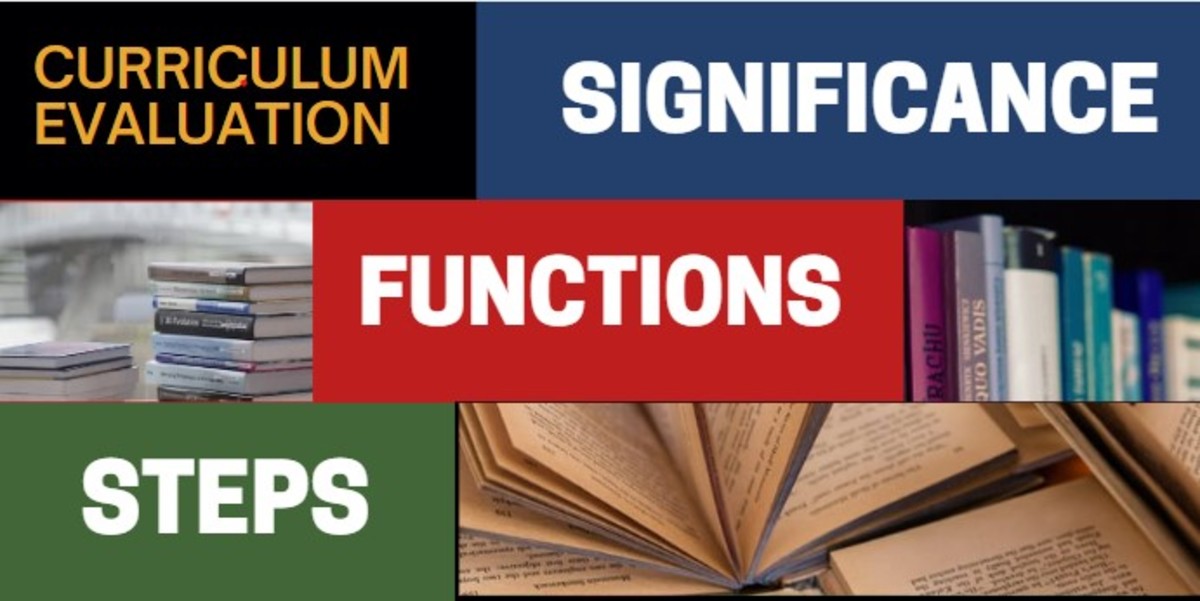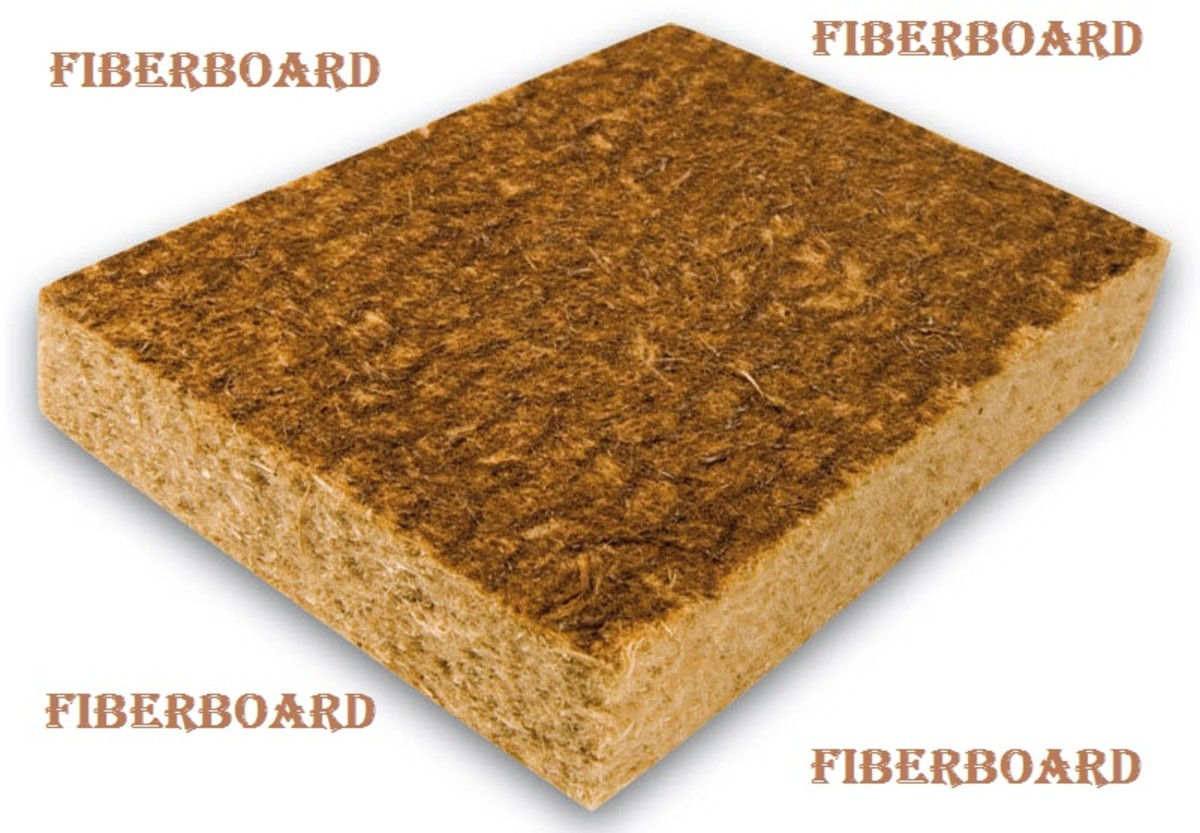5 Tips for the College Transfer Student
Over thirty-three percent of students that begin college after high school will transfer colleges at least once by the time they earn a bachelor's degree (National Association of College Admission Counseling).
Transfer advisers can help students select courses

1. Take classes that will transfer to other universities
Earning college credit for courses that will easily transfer from one college to another is the easiest way to ensure a smooth transfer. College transfer students that take the time to meet with transfer advisers are better equipped to register for classes that four-year colleges will accept.
Transfer agreements:
Community colleges often have agreements with individual universities called articulation agreements. These transfer agreements make it easy for the community college student to register for individual classes that will meet graduation requirements at their selected four-year university. Additionally, articulation agreements may exist for a pre-determined group of courses that meet all general education requirements at a specified university, as well as agreements for associate's degrees.
General education requirements:
For the future college transfer student that is unsure of what specific university they want transfer to, it is a good idea to take general education courses that meet graduation requirements at most universities. For example, most four-year colleges require that their bachelor degree candidates have completed a year of freshman English and an introductory speech/communication class. Required general education courses for specific colleges can easily be found on college websites.
Additionally, many colleges have transfer guides available on their websites. Transfer guides show equivalent courses between universities. If, for instance, a student currently attending community college A is thinking about transferring to university B or university C, the student can find transfer guides that show what courses at community college A are equivalent to courses at university B, and what courses at community college A are equivalent to courses at university C. By planning ahead costly mistakes and wasted time can be avoided.
College-level classes
Sometimes students are required to take courses at community college to bring the student up to college level. These non college-level courses are not usually transferable. Additionally, community colleges may also offer adult education classes. These types of courses are also not transferable and college transfer students should not register for them with the intent to earn college credit.

Transfer admission requirements vary by university

2. Be aware of transfer student admission requirements
Requirements for college transfer students often are different than the requirements for freshman applicants. Freshman are usually required to provide ACT or SAT scores, high school transcripts showing GPA and class rank, and possibly a more comprehensive application.
Oftentimes the transfer applicant only needs to have achieved the minimum GPA required by the college and earned a certain number of college credit hours as set forth by the college. For example, transfer admission requirements may be twenty-four hours of earned college credit at the time of application with a 2.75 GPA.
If the transfer applicant does not meet the transfer admission requirements then the university may require the student to meet freshman admission requirements. In this case the transfer student may need to send their:
- High school transcript with GPA and possibly class rank
- ACT or SAT scores
Admission requirements are usually available on college websites.
Therefore, it's a good idea for students planning on transferring after one or two years of community college to be aware of the transfer admission requirements, as well as the freshman admission requirements for any four-year college they are considering.
Furthermore, if the student has an intended major it is worth finding out if the particular college for the major has more stringent admission requirements. For example, the university may require a 2.75 GPA for transfer admissions, but for an accounting major, the college of business at the university may require a 3.0 GPA. Again, this information is normally readily available on university websites.

3. Before transferring colleges try to pick a major
By taking the time to select a major, especially before enrolling in a four-year university, the college transfer student will be able to more easily pick which classes to take each semester.
For example, if a transfer student knows that he wants to major in business -- perhaps marketing, economics or financial management -- then he may want to take Introduction to Business and Introduction to Statistics for Business, as these are typical requirements for business majors. Students should take the time to meet with a transfer adviser or consult a transfer guide to make sure and register for equivalent/transferable courses.
Knowing one's major also makes it easier to fulfill other requirements. For example, education majors may be required to take their state's basic skills test for teachers before being able to enroll in certain education courses.
For students that are unsure of their major, it is best to complete as many basic general education requirements as possible.

College transfer students should register for courses that meet graduation requirements

4. Submit a college transfer application for admission as early as possible
Transfer students should apply as early as possible after fulfilling transfer admission requirements. If a student is currently enrolled in college and does not yet meet the number of hours required to be admitted as a transfer student, the university may still advise the student to submit an application and send a transcript when the credit hours are completed. Admissions and transfer personnel tend to be extremely helpful and can advise students how to apply for their individual situation.
By applying as soon as possible, college transfer students will be admitted sooner. This means that the student will be able to register for classes as soon as it is allowed. Classes often fill up quickly, so being able to register for classes sooner than later is ideal.
Also, once transfer students have applied and are admitted, the university will invite the student to various transfer events, By applying early the student won't miss out.

5. Sign up for transfer student housing
Most colleges and universities require students to live on campus at least for the first year. Additionally, colleges often have dormitories for transfer students or halls specifically for transfer students.
Transfer students may want to take advantage of living with other transfer students. There is a big difference between an incoming freshman student and a college student that has already completed one to two years of college level courses.
In addition, transfer halls may also have activities or seminars designed with the transfer student in mind.

- 4 Ways High School Students Can Get College Credit
With the increasing cost of college it pays to plan ahead. Did you know there are four ways high school students can get valuable college credit and reduce their overall cost of getting a degree? - 5 Easy Tips to Get College Textbooks for Less
University tuition costs are at an all-time high. When you budget for college costs, tuition, fees, room & board, remember to include college textbooks, too. College textbooks are expensive but there are ways to get textbooks for less.
More College Hubs by KTrapp
- How to Transfer Colleges
An easy to use guide on how to transfer colleges. Everything college transfer students need to know from transcripts to housing is included. - Student Health Insurance for College
Student health insurance is a must for college students. Having student insurance can even impact whether or not college is completed. - How to Reduce the Cost of College Tuition and Fees
Reduce the cost of college tuition by taking college classes at a local community college. See a cost comparison between tuition at a community college versus tuition at a 4-year college.

Do you want to write about what you know or what interests you?
Join HubPages now. It's free, simple to use & you can publish within minutes.









